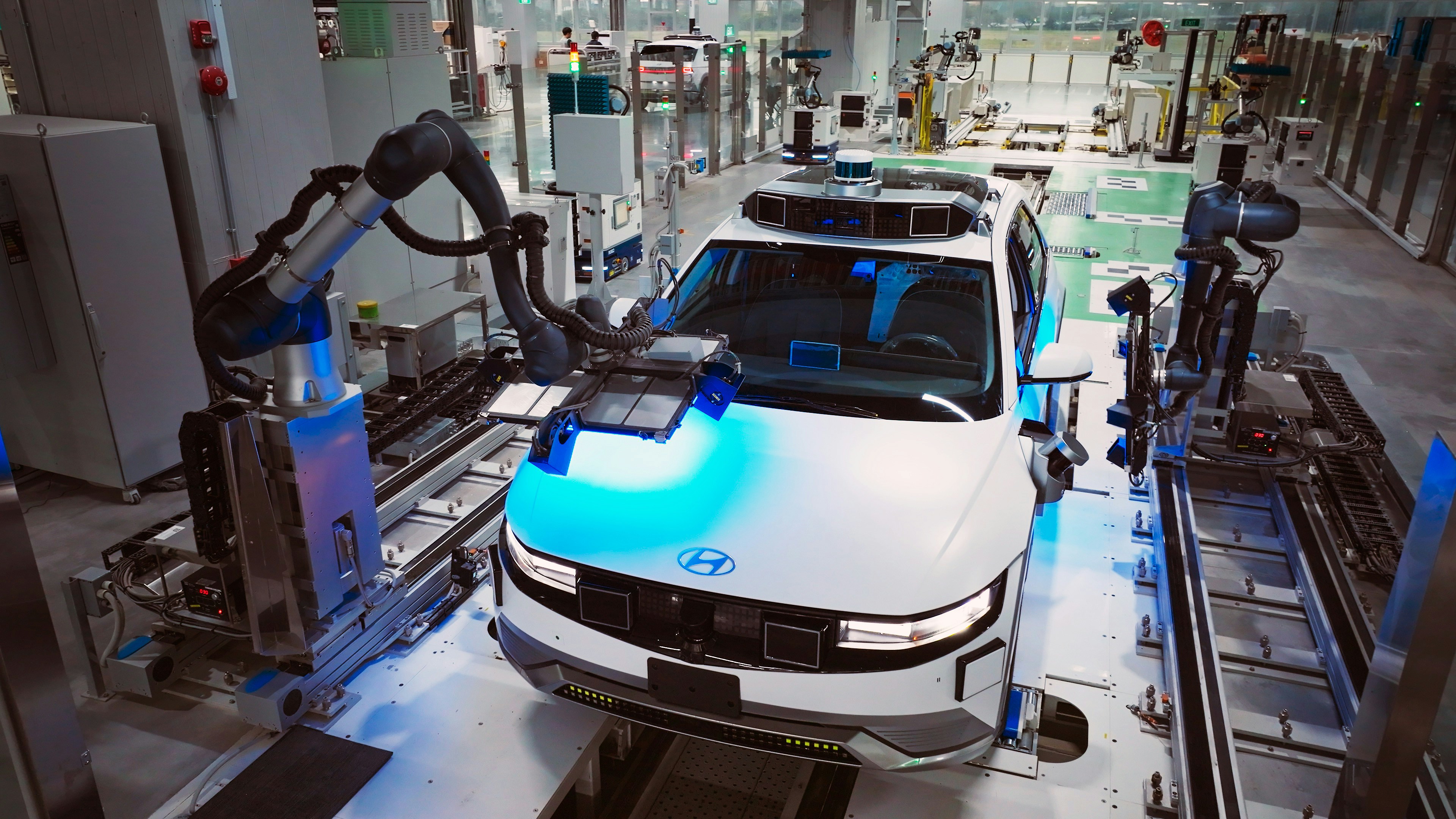
Introduction to Software Development Trends
The landscape of software development has undergone significant transformation in recent years, shaped by emerging technologies and evolving methodologies. Staying updated with the latest trends is essential not only for developers but also for businesses and technology enthusiasts who aim to remain competitive in an increasingly digital world. One of the major trends observed in recent years is the adoption of agile methodologies. Agile frameworks promote flexibility and collaboration, allowing development teams to respond rapidly to changing requirements and enhance product quality. This iterative approach to software development emphasizes incremental progress, enabling teams to deliver value to stakeholders more frequently.
In conjunction with agile practices, DevOps has emerged as a crucial methodology that bridges the gap between software development and IT operations. This cultural shift fosters collaboration among diverse teams, streamlining processes such as coding, testing, and deployment. The integration of automation tools within DevOps practices has significantly accelerated the software lifecycle, enhacing efficiency and reducing the chances of human error. As businesses strive for quicker release cycles and improved operational efficiency, the demand for DevOps expertise continues to grow, making it a key competency for software developers.
Furthermore, the impact of open-source platforms cannot be understated. These platforms facilitate collaboration among developers worldwide, encouraging innovation and shared learning. Access to a wide array of open-source software has empowered developers to experiment with new technologies and tools, accelerating the pace of development. The collaborative nature of open-source communities fosters a sense of camaraderie among developers, ultimately driving significant advancements in software innovation. As organiations increasingly recognize the value of open-source solutions, they strengthen their position in the ever-evolving market landscape.
The Emergence of Artificial Intelligence in Software Development
Artificial intelligence (AI) has emerged as a transformative force in the field of software development, significantly altering the way developers create, test, and maintain software applications. The integration of AI tools into development processes offers remarkable efficiencies, allowing teams to automate repetitive tasks, streamline workflows, and enhance the overall quality of their code. One notable application of AI in software development is code generation. By leveraging machine learning algorithms, developers can now use AI-driven tools to auto-generate code snippets, thereby reducing the time and effort required to write code from scratch. This innovation not only accelerates the development process but also minimizes the occurrence of human error.
Moreover, AI plays a crucial role in software testing and debugging. Advanced AI-based testing tools can analyze large datasets to uncover hidden bugs that may not be easily noticeable through traditional testing methods. These tools utilize predictive analytics to assess potential risk areas within the software, allowing developers to focus their efforts on critical components. Furthermore, AI algorithmscan simulate user behavior, aiding in the identification of performance bottlenecks and enhancing the overall user experience.
In addition to testing, AI technologies also support software maintenance by predicting and addressing issues before they escalate into significant problems. AI-assisted tools can monitor software performance in real-time, automatically providing suggestions for optimizations, thereby extending the lifespan of applications. Some notable examples of AI in software development include GitHub Copilot, which assists developers by offering context-aware code completions, and DeepCode, an AI-enabled code review tool that analyzes code repositories for potential vulnerabilities.
As the AI landscape continues to evolve, the potential for even greater advancements in the realm of software development is on the horizon. In conclusion, the integration of artificial intelligence into software development processes not only enhances efficiency and accuracy but also heralds a new era of innovation that developers can leverage to push the boundaries of what is possible in technology.
Understanding Piece Intelligence: A New Paradigm
Piece Intelligence represents a groundbreaking approach to problem-solving within the realm of software development. Unlike traditional artificial intelligence (AI) methodologies, which often rely on centralized processing and vast datasets, Piece Intelligence emphasizes modularity and adaptability. This innovative paradigm allows software developers to deconstruct complex challenges into smaller, more manageable pieces, facilitating easier handling and increased efficiency. The modular nature of Piece Intelligence promotes flexibility, enabling teams to adjust their strategies based on evolving project requirements and user feedback.
The relevance of Piece Intelligence in the context of software development cannot be overstated. As developers strive to create increasingly sophisticated applications, the demands for scalability and customization grow. Piece Intelligence meets these demands by allowing developers to isolate individual components of a software solution, optimizing their performance without needing to revamp the entire system. This adaptability enhances collaboration among team members, as different developers can work simultaneously on separate pieces, reducing bottlenecks and accelerating project timelines.
Practical applications of Piece Intelligence include its integration into various software solutions, such as modular application frameworks and customizable platforms. For instance, a software development team might adopt Piece Intelligence to build a robust e-comerce application, where each part of the system—such as payment processing, user authentication, and inventory management—can be independently developed and seamlessly integrated. This approach not only simplifies the development process but also enables ongoing improvements tailored to user needs, a critical factor in today’s fast-paced technological landscape.
By embracing Piece Intelligence, software developers are positioned to foster creativity and innovation, ultimately paving the way for more effective and user-centric software solutions.
Future Outlook: The Next Frontier in Software Development
The landscape of software development is continually evolving, and the future promises significant transformations, primarily driven by advancements in Piece Intelligence and artificial intelligence (AI). As we look ahead, it is essential to consider how these developments may reshape not only the tools and methodologies employed by developers but also the ethical framework within which these technologies operate. Artificial intelligence has already begun to influence software development in numerous ways, from automating routine coding tasks to enhancing the capabilities of development environments. However, this integration also raises critical questions regarding accountability, transparency, and the ethical implacations of algorithmic decision-making.
Challenges are also anticipated in this transition. As developers increasingly rely on AI to support their work, the demand for a skilled workforce will only intensify. Professionals in the software field must adapt to new tools and approaches, which necessitates ongoing education and training. Companies should emphasize upskilling and reskilling their teams to ensure they remain competitive. This shift may also lead to a redefined role for developers, who may find themselves more in the position of oversight and management of intelligent systems rather than just code creation.
Moreover, as software becomes more sophisticated, the risk of bias and discrimination inherent in AI-driven solutions must be addressed head-on. Developers will need to prioritize inclusivity and fairness in their designs. The next decade will likely see a concerted effort to create ethical guidelines and standards for AI applications in software development, ensuring that innovation does not come at the cost of social responsibility.
Consequently, it is vital for stakeholders—including developers, companies, and policymakers—to remain proactive and adaptable to these trends. The interplay of software development and AI will continue to evolve, and embracing change will be crucial for navigating the complexities ahead.




